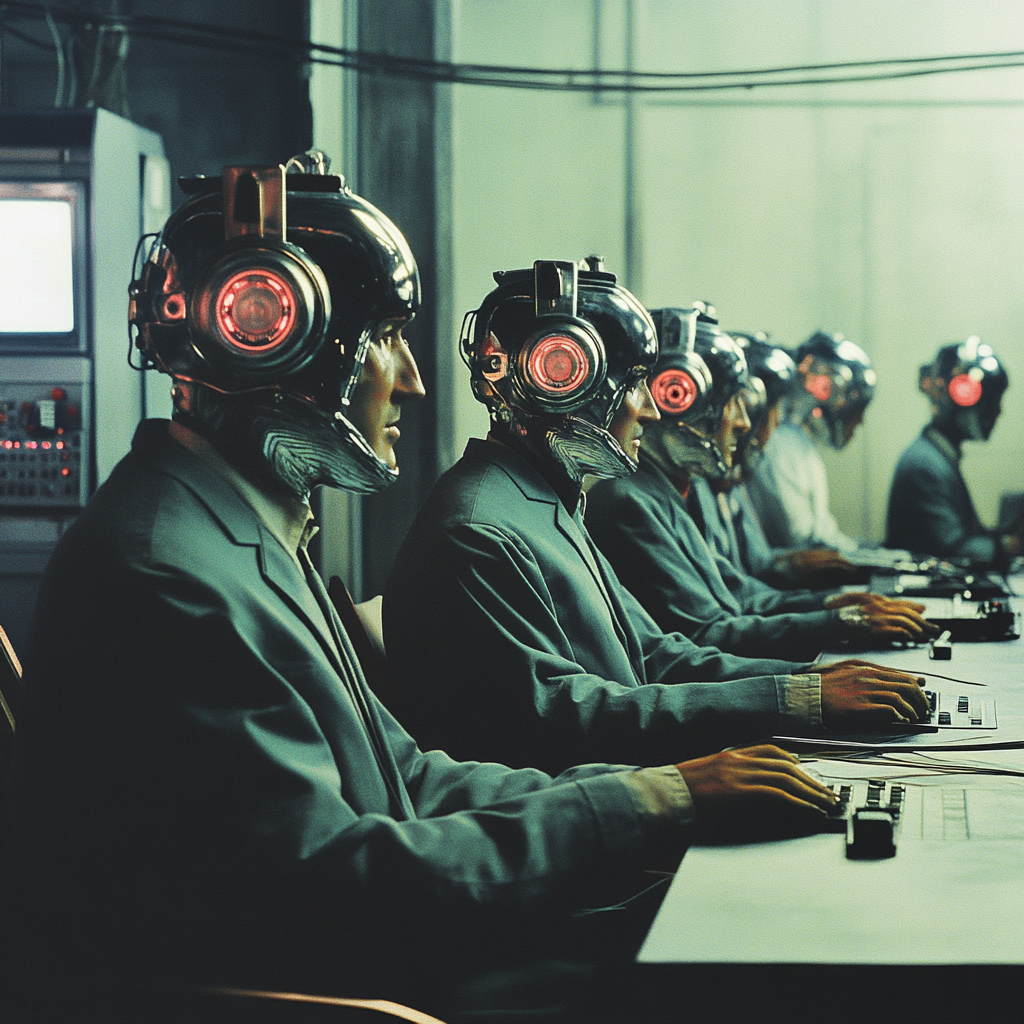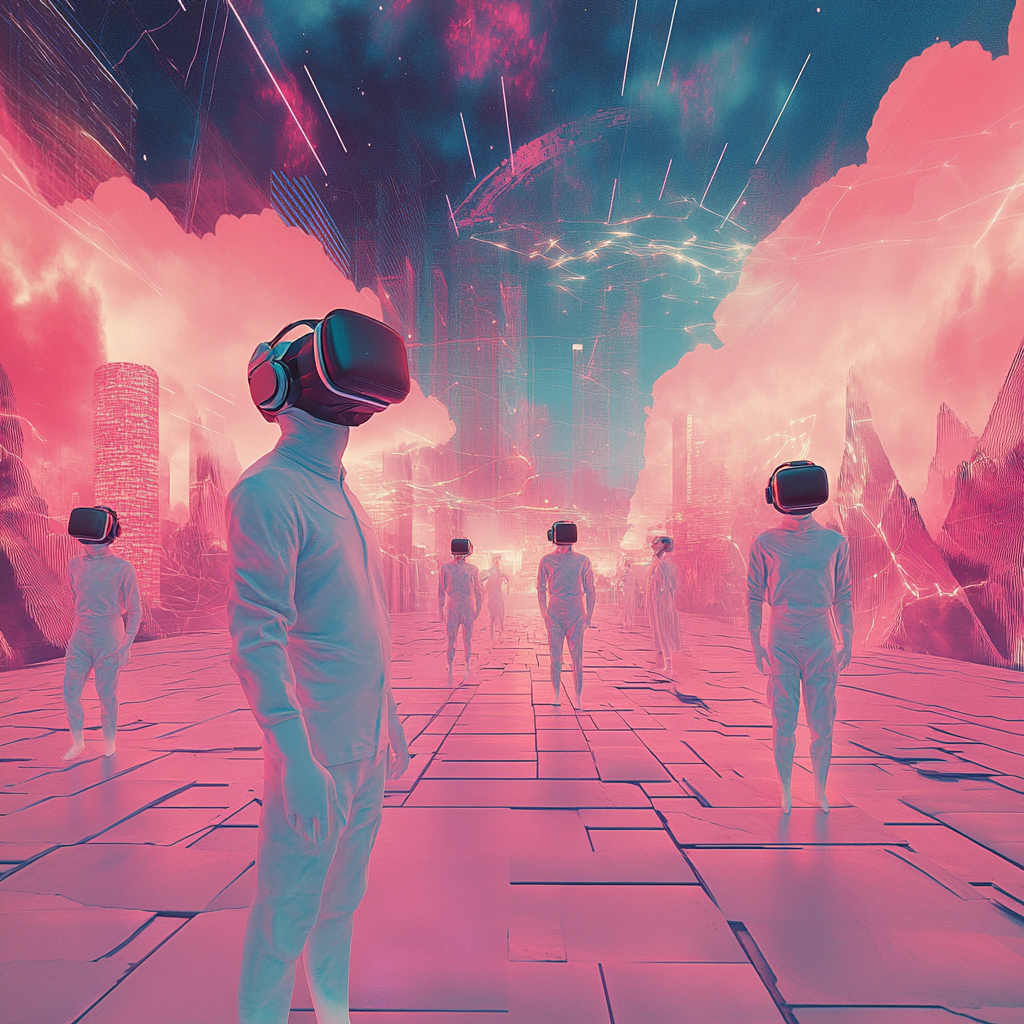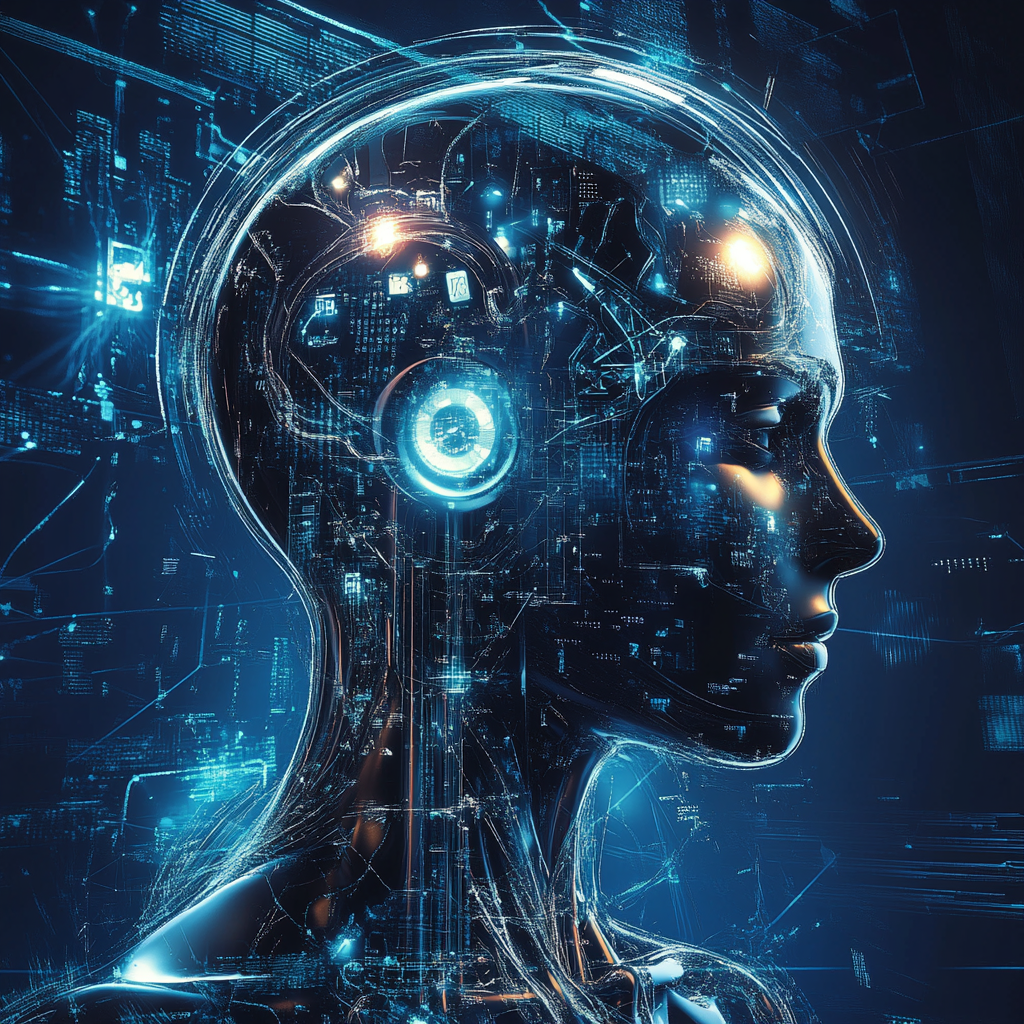With the development of personal computers, artificial intelligence, and automated systems, the question is becoming more and more pressing: will jobs disappear, and if so, which ones? Automation has already changed the landscape of the labor market, and the changes are expected to only accelerate.
Let’s figure out what impact PCs and automation technologies have on jobs, which jobs are under threat, and which, on the contrary, are getting a “second wind.”
🧠 What is automation?
Automation is the replacement of manual labor with a machine or program. This can be either a robot in a factory or a software script that processes applications without human intervention.
Automation is divided into:
- Physical – when machines replace people in production, transport and logistics;
- Digital – when programs perform intellectual tasks: data analysis, text processing, customer service, etc.
💻 The role of PCs in automation
Personal computers have become the main platform for launching automation systems:
- Scripts, macros, and scripts replace routine tasks;
- AI-based programs write texts, code, and make translations;
- Accounting, CRM, and ERP systems automate entire business processes.
It is impossible to imagine a modern office without a PC, where many processes work on their own, with minimal human involvement.
📉 What professions are at risk of disappearing?
According to McKinsey, by 2030, up to 800 million people worldwide could be displaced by automated systems. The professions most at risk are those involving repetitive, predictable work.
Examples of vulnerable professions:
- Cashiers and operators in retail
- Call center operators
- Archivists and office clerks
- Drivers (in the future, with the development of autopilot)
- Factory assemblers
- Couriers and delivery people
All of these roles are increasingly being replaced by bots, algorithms, and robotics.
⚠ Why is disappearance not a disaster?
The disappearance of some professions creates demand for others. Yes, the tasks change, but a new economy is emerging.
New professions:
- AI operators and developers
- Machine learning specialists
- IT administrators and DevOps engineers
- Automated systems tuners
- Interface designers and UX experts
- Cybersecurity specialists
Automation frees people from monotonous work, leaving space for creativity, analysis and decision-making.
🧩 What skills will definitely not lose their value?
To avoid falling under the wave of automation, it is important to develop what machines cannot yet do:
- Critical thinking
- Emotional intelligence and communication with people
- Analysis of non-standard situations
- Creativity and generation of new ideas
- Project management
- Interdisciplinarity (combination of knowledge from different fields)
📈 What to do today?
- Follow trends in your field — how technologies affect your work.
- Automate yourself — don’t resist changes, learn basic tools (for example, automation in Excel, Notion, Zapier).
- Learn to work with AI, not compete with it.
- Improve digital literacy, even if your profession is far from IT.
- Develop soft skills — they are universal and will always be in demand.
Automation is not an enemy, but a powerful tool. Yes, it changes the rules of the game and displaces routine work, but it also creates new opportunities and professions of the future.
The main challenge is not to “save yourself from robots,” but to restructure and use technology to your advantage.
📌 Personal computers, AI, and automation are not killing work — they are reformatting it. Those who can adapt will be the winners.






Leave a Reply